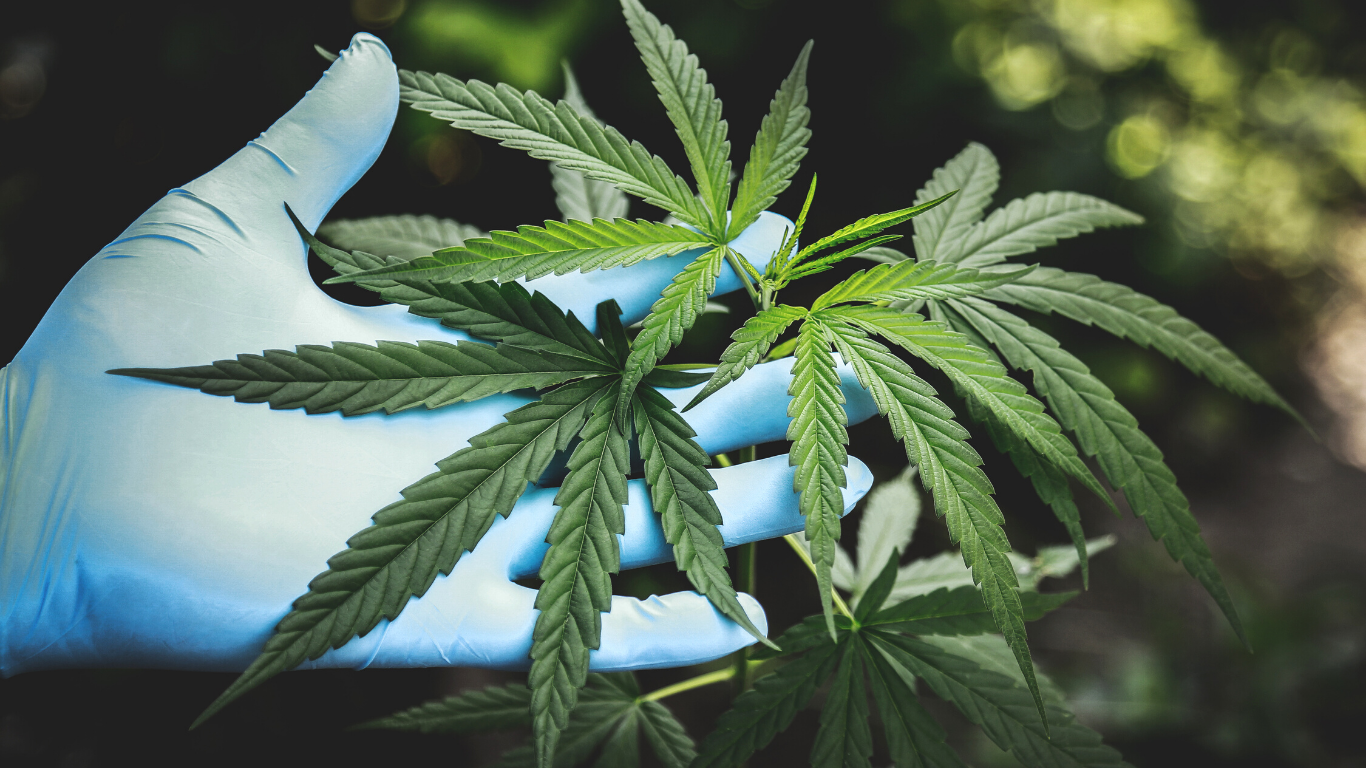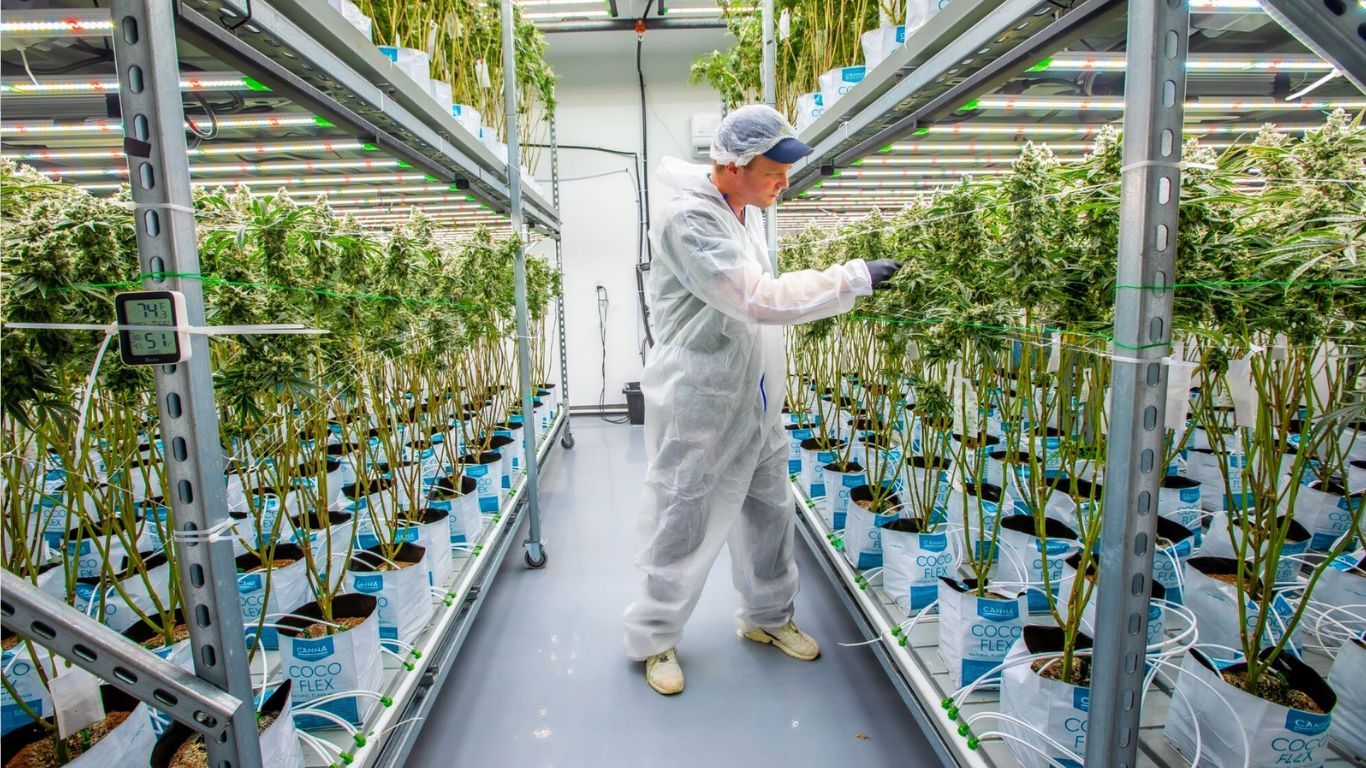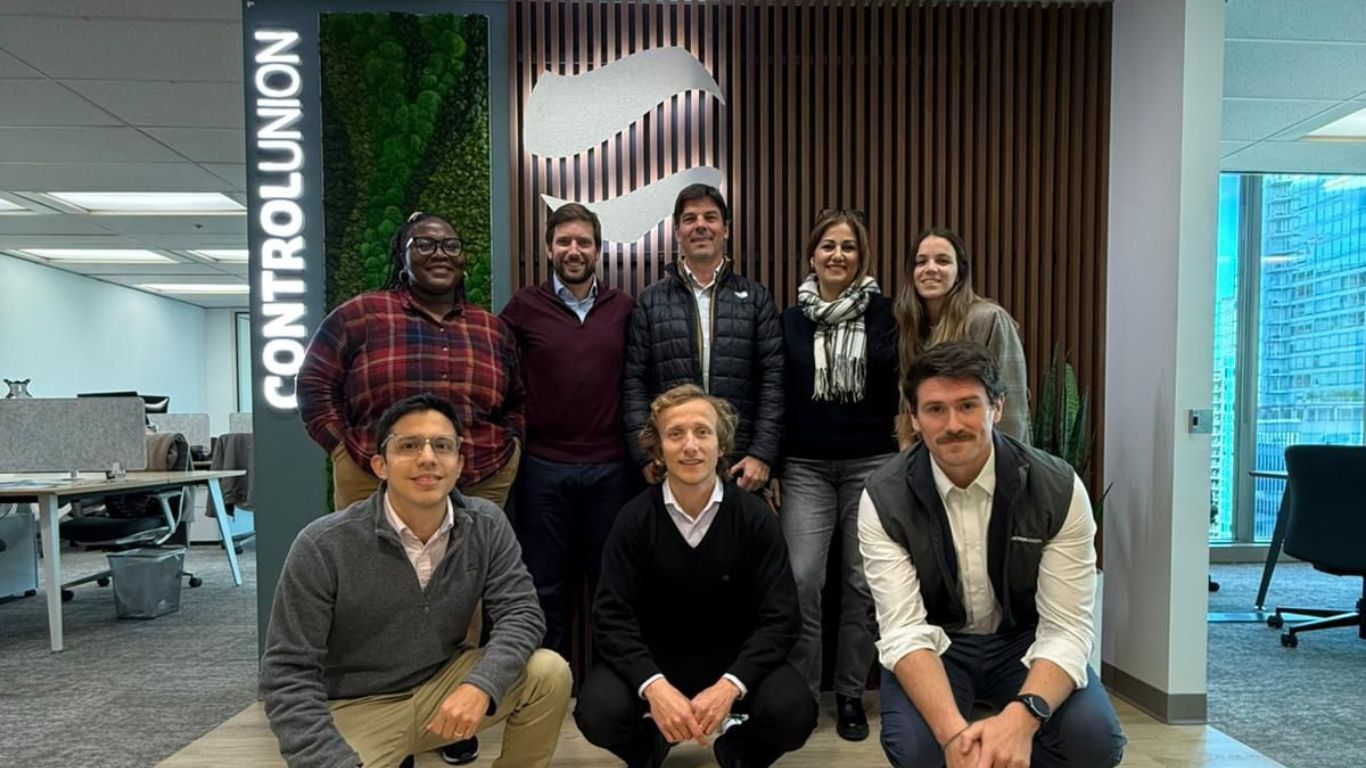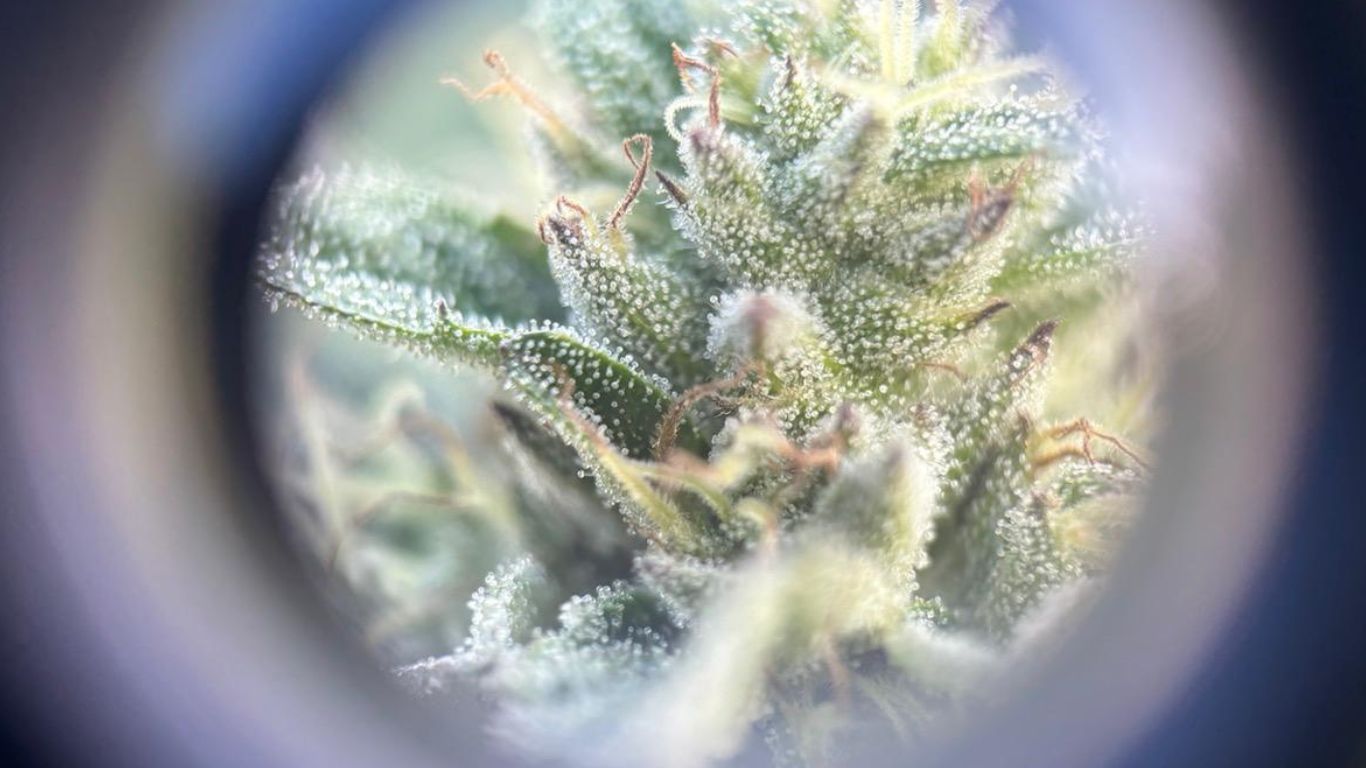
Helping growers navigate medical cannabis licensing since 2008, Justin Smith formally created his 420 Consulting service in 2016 as a service to connect those wishing to grow cannabis for personal medical use under the ACMPR with doctors willing to authorize the process.
Smith says his experience in the cannabis industry, especially being based in British Columbia, gives him a unique advantage in being able to help long time cannabis growers in BC, and across Canada, to navigate the legal licensing process.
In 2018, with the introduction of new commercial cannabis licensing categories, Smith began offering consulting services for those looking to transition to the legal space, including many of his clients growing under the ACMPR.
We have helped thousands of patients navigate the ACMPR program and are now in the process of transitioning many of these patients into commercial licensing.
Nearly two years into legalization, he says more than half of his business has now moved from personal and designated growers under the medical regulations to people looking to apply for a cultivation licence, primarily micro cultivation licences.
“We’re not turning anybody down and are happy to help new clients, but we’re not actively pursuing that market,” says Smith. “We do licensing in general, but our focus is micros. That’s our base, our people, and often those who we have helped to get their personal production licences.
“I created 420 Consulting because of the hurdles that faced cultivators in the personal production space,” explains Smith. “I began working with cultivators, property owners and medical professionals as far back as 2008 in the old MMAR program when the rules were a lot more challenging and the “gray” area was just opening up.
We’ve built relationships with the best of the best in terms of ACMPR/MMAR growers, and now that’s our new job, to help them find a path to transition. For those taking that approach, while there might still be online mail order sites, those pathways are beginning to shut down and we will likely only continue to see enforcement on that side.
“We have helped thousands of patients navigate the ACMPR program and are now in the process of transitioning many of these patients into commercial licensing,” he continues. “To date, we have successfully helped six patients make the transition and are currently helping around 40 more, with many of them in the final stages of this process.”
Although he is still happy to help people navigate the requirements of getting their personal or designated medical authorization, he says he sees the opportunity for many to pivot from this space into a commercial licence, which is why his 420 Consulting services has pivoted in that direction.
Acknowledging that there are many people operating under personal production licenses either through the current ACMPR program or the pre Allard injunction MMAR / MMPR programs who are moving their product into commercial supply chains beyond the allowances of the personal and designated medical licenses, Smith says he thinks many are now seeing that they will need to become fully compliant to have a long term place growing cannabis.
It’s this history of working in this community, especially from his home on southern Vancouver Island, that he says gives him the connections and credibility to help many of those growers take part in legalization.
He also says he thinks many growers who do utilize these medical licensing categories for revenue generation are beginning to recognize that time is likely coming to an end.
I think the biggest and most common mistake we see is not properly researching the production site viability.
“We’ve built relationships with the best of the best in terms of ACMPR/MMAR growers, and now that’s our new job, to help them find a path to transition. For those taking that approach, while there might still be online mail order sites, those pathways are beginning to shut down and we will likely only continue to see enforcement on that side.”
While the process to make this transition isn’t necessarily easy, he says services like his can help. In his experience with several successful clients, he can see how the process is continuously improving, despite a well known inconsistency and ambiguity in interpretations depending on the inspector or licence reviewer.
“Navigating the licensing process can be extremely challenging. The amount of paperwork and how Health Canada wants those documents presented is a daunting challenge for most. Our team has worked diligently to streamline this process and make it as easy as possible for the end user.
“I think given the volume of work at Health Canada and the “newness” of the legislation they are doing a decent job and getting better everyday. With that being said the learning curve is still challenging on their end and we still have a tendency to get different answers depending on who you speak with.”
Beyond these issues with the licensing process, he says the main challenges facing licence holders continues to be finding a location where growing is even allowed, and finding the funding to secure land and or a building to grow on or in.
“I think the biggest and most common mistake we see is not properly researching the production site viability. Some other mistakes we see are not properly disclosing past issues with law enforcement and not recognizing the financial requirements to apply for a license successfully.
“One of the most important things to consider is where you are going to grow. That’s the biggest challenge right now that I have seen, and especially in BC. There’s just not that many municipalities that will accept cannabis cultivation. The municipality that I live in, on Vancouver Island, you can’t even get a licence. So understanding where, is the first question. Understanding how you’re going to come up with the money and what your budget is is the second. Bringing in a consultant to help can be the third.”
Despite these challenges, he says he sees a lot of people from the so-called ‘gray market’ transitioning into the legal space.
“Probably 50% of our micro licence clients are coming from people we have helped over the years in with personal production licenses and now they’re realizing that they need to transition at some point because that transition process takes some time. It takes time, money, ingenuity, property and resources. That’s part of how we try to ease that process, by helping them navigate the licensing and connecting them with others in this industry who can help them.”
SPONSORED CONTENT: from 420 Consulting











